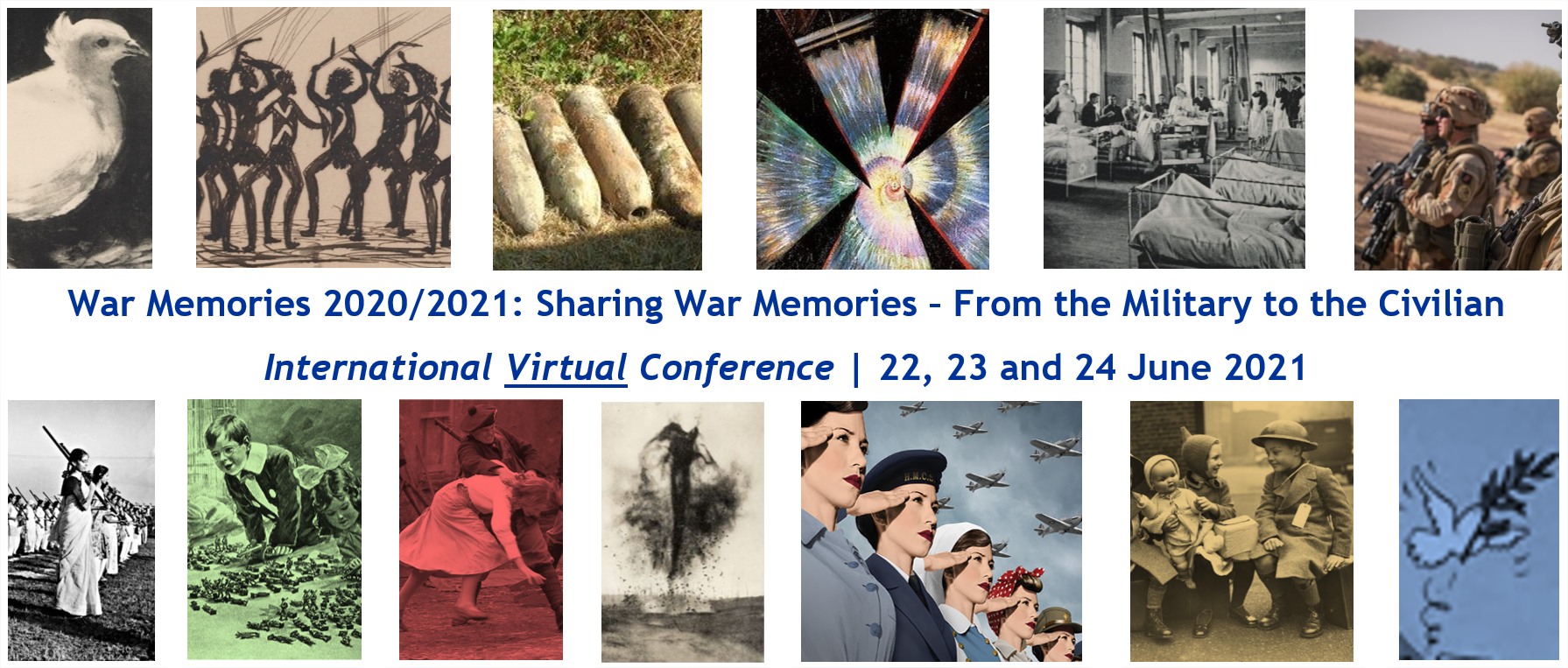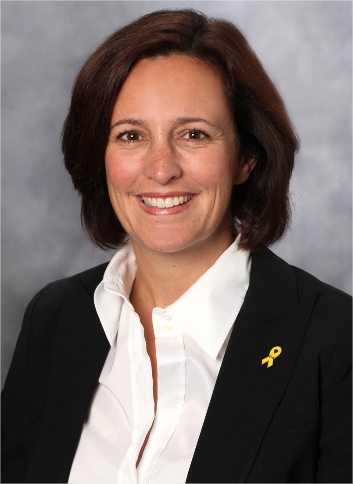Keynote SpeakersPage en cours d'actualisation, merci de votre compréhension. Daniel PALMIERI (ICRC, Geneva, Switzerland) “Now, the World without me”: The International Committee of the Red Cross (ICRC) and sexual violence in time of war Trained as historian (University of Geneva; Graduate Institute) and journalist by profession, Daniel Palmieri is working for the ICRC since 1995, first as press officer for several ICRC field operations. Since 2002, he is in charge of the historical research at the ICRC. He is the author of many works dealing with the history of the ICRC, of humanitarianism and the history of war. Last publications: « Humanitarianism on the screen: The ICRC films, 1921-1965 », Johannes Paulmann (ed.), Humanitarianism and Media. 1900 to the present, Berghahn Books, Oxford, New York, 2018; « Se souvenir pour oublier : La politique mémorielle du CICR », Vincent Négri, Isabelle Schulte-Thenckhoff (éds.), Normer l'oubli, IRJS Editions, Paris, 2018. Keynote abstract: War seems indissociable from man. Sexual abuses perpetrated by belligerents are indissociable from war. In modern history, rape became to be considered clearly as a violation of the rules of warfare during the mid-nineteenth century. In the Forth Geneva Convention of 1949 relative to the protection of civilian persons in time of war, women are specifically drawn to belligerents' attention as vulnerable persons to protect and rape is expressly mentioned as example constituting an attack against them. The International Committee of the Red Cross (ICRC) played a notorious role in the drafting of the 1949 Geneva Conventions. Founded in Geneva in February 1863, this institution focused since the beginning exclusively its efforts to relieve the brutality of war. However, it's rather surprising that the ICRC took concrete actions to face the problem of sexual violence in wartime only at the end of the 1990's. So how to explain such a discrepancy between a humanitarian organization always concerned about the victims of war and prompt to help them, and an ICRC reacting so late when women are affected by sexual violence? This paper seeks to answer this problem. We will first point out the attitude of the ICRC towards the examples of mass rapes perpetrated during war. Then, we will try to explain the ICRC delayed action into conclusive assumptions. See the film (in English) "La femme, un champ de bataille: The hidden battlefield" (8:04 min) on the ICRC website.
Stéphanie BÉLANGER (RMCC, Kingston, Canada) Voice or Loyalty? Dealing with Memories in the Armed Forces Dr. Bélanger is the Associate Scientific Director of the Canadian Institute for Military and Veteran Health Research, a unique consortium of 45 Canadian universities dedicated to researching the health needs of military personnel, Veterans and their families. She is co-editor in chief of the Journal of Military, Veteran and Family Health (University of Toronto Press funded in 2015). She is also co-founder of the The New Directions in Foreign Policy, Military, and Security Studies series with McGill Queen’s University Press (MQUP, funded in 2016). She is the co-editor of War Memories: Commemoration and Writings of War in the English-speaking World (MQUP 2017 – in press); “Beyond the line: Military and Veteran Health Research” (MQUP 2013); “A New Coalition for a Challenging Battlefield” (CDA Press 2012); “Shaping the Future” (CDA Press 2011) as well as of “Transforming traditions: the Leadership of Women in the Canadian Navy” (CDA Press 2010). She is also author of the monograph “Guerre, sacrifices et persécutions” (Paris: L’Harmattan, 2010). She co-chairs the CIMVHR annual Forums, the bi-annual conferences on War Memories (with Université de Rennes 2 and Paris VII), the annual conferences on Military ethics, and she partners with many other institutes to co-host workshops. She is Board of Directors Member of the North-American chapter of the International Society for Military Ethics (ISME), the Center for International and Defence Policy (CIDP) and the Last Post Fund. She was inducted as a member of the College of young scholars of the Royal society of Canada in 2016. She is a Professor in the Department of French Language, Literature and Culture at the Royal Military College of Canada where her research focuses on War Testimony, Soldier Identity and Moral Injuries. She specializes in Military Ethics and Just War Theories. She completed her PhD degree at the University of Toronto in 2003 and her MPA degree at RMCC in 2013. She serves in the Royal Canadian Navy as a reservist since 2004.
|
| Online user: 2 | Privacy |

|



